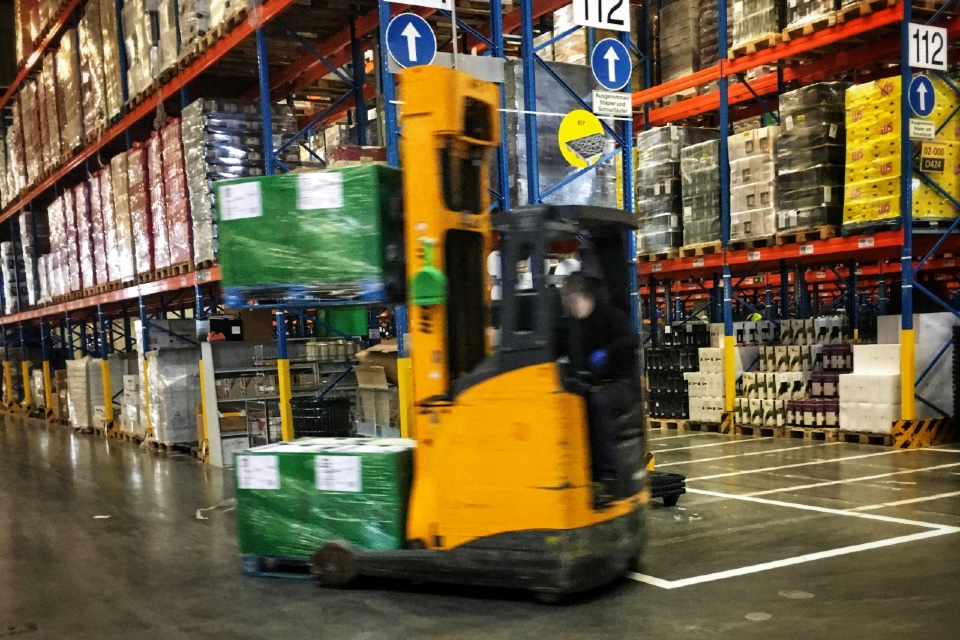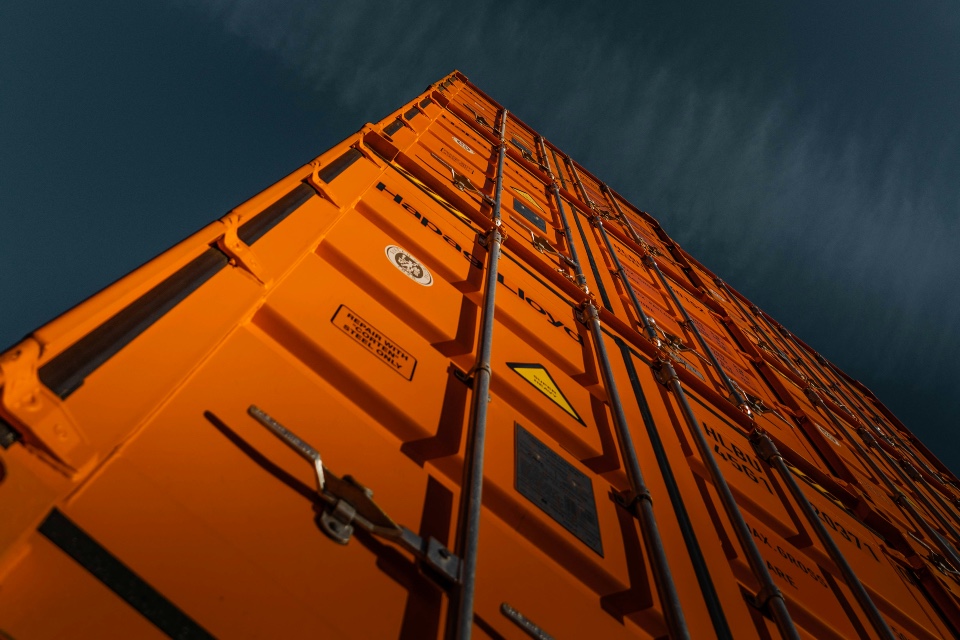As the logistics landscape continues to evolve, third-party logistics (3PL) and fourth-party logistics (4PL) providers are becoming crucial partners for businesses in the UK’s private sector. Senior supply chain professionals must stay informed of the latest trends shaping these services, especially as technology, sustainability, and economic factors play a significant role in optimising operations. Here’s a look at the key trends in 3PL and 4PL logistics solutions in 2024/25…
1. Advanced Technology and Automation
Technology continues to transform the logistics sector, with 3PL and 4PL providers leveraging cutting-edge solutions to improve efficiency and transparency. The integration of Artificial Intelligence (AI) and Machine Learning (ML) is allowing logistics companies to predict demand more accurately, optimize routing, and manage warehouse operations with greater precision. Automation in warehouses—through robotics and autonomous vehicles—is streamlining processes such as picking, packing, and inventory management, significantly reducing human error and operational costs.
Moreover, Internet of Things (IoT) devices are providing real-time data, offering end-to-end visibility of the supply chain. From monitoring fleet conditions to tracking shipments, IoT-enabled logistics improves response times and helps in proactive decision-making. These technological advances not only boost productivity but also enhance customer satisfaction by enabling faster, more reliable deliveries.
2. Sustainability Initiatives in Logistics
Sustainability is no longer optional in supply chain operations. Increasing pressure from governments, consumers, and investors is pushing 3PL and 4PL providers to adopt greener practices. This shift is particularly important for companies committed to meeting the UK’s net-zero goals by 2050. Key sustainable trends include the use of electric and hybrid vehicles, investments in eco-friendly packaging, and the deployment of carbon-neutral warehouses powered by renewable energy sources like solar or wind.
In addition, reverse logistics—the management of returns and recycling processes—is becoming more streamlined, contributing to a circular economy. Senior supply chain professionals should consider partnering with logistics providers that prioritize carbon footprint reduction, as sustainability can be both a competitive advantage and a cost-saving measure in the long run.
3. Economics and Cost Optimization
Economic pressures, including rising fuel costs, inflation, and supply chain disruptions, are driving businesses to seek more cost-effective logistics solutions. Both 3PL and 4PL providers are offering more flexible, scalable services to help companies navigate these challenges. The shift towards on-demand warehousing is growing, allowing businesses to only pay for storage and fulfillment as needed, reducing long-term fixed costs.
Moreover, multi-modal transport solutions—combining road, rail, sea, and air—are increasingly used to mitigate risks and optimize shipping costs. By selecting the most cost-efficient transportation method for each segment of the supply chain, businesses can improve delivery times while keeping expenses in check.
4. Focus on Resilience and Risk Management
The supply chain disruptions experienced in recent years have emphasized the importance of resilience. 4PL providers, acting as strategic partners, are helping companies build more agile supply chains by diversifying sourcing strategies and implementing risk management technologies. Digital platforms that provide real-time visibility across multiple logistics partners enable businesses to anticipate and mitigate risks, such as supplier delays or transportation bottlenecks.
In addition, strategic partnerships with 3PL and 4PL providers can offer better flexibility and quicker responses to fluctuating demand, minimizing downtime and ensuring continuity in operations.
Conclusion
As technology, sustainability, and economic factors continue to reshape logistics, 3PL and 4PL providers are key to maintaining a competitive edge in the supply chain. Senior supply chain professionals in the UK’s private sector must embrace these trends—leveraging advanced technology, committing to sustainability, optimizing costs, and building more resilient supply chains to succeed in 2024 and beyond.
Are you searching for 3PL & 4PL solutions? The Total Supply Chain Summit can help!
Photo by Bernd 📷 Dittrich on Unsplash







